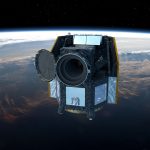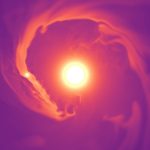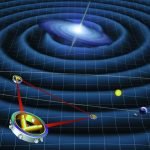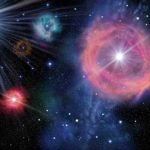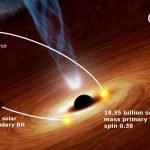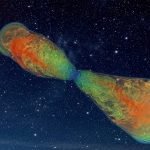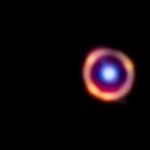Scientists use CHEOPS telescope to detect four mini-Neptunes
An international team of European astronomers, using the CHEOPS space telescope, has successfully detected the presence of four new exoplanets.
These mini-Neptunes, which are smaller...
How and why NASA gives a name to every spot it studies on Mars
"The No. 1 reason we pick all these names is to help the team keep track of what they're finding each day," said Ashwin Vasavada.
Pulsars help narrow the search for monster black holes
Scientists use a unique galaxy-sized detector composed of dead stars called pulsars to search for elusive pairs of supermassive black holes.
NASA’s Parker Solar Probe reveals sun’s hidden secrets
The Parker Solar Probe detected streams of high-energy particles that align with the supergranulation flows within coronal holes, revealing that these regions are the birthplace of the so-called "fast" solar wind.
Astronomers detect enormous gas tails escaping a Jupiter-like planet
Astronomers have made an extraordinary discovery using the powerful Hobby-Eberly Telescope (HET) at The University of Texas at Austin's McDonald Observatory.
They have observed a...
Scientists are unraveling the mysterious surroundings of black holes
New scientific tools are being built that will allow us to spy on black holes for much longer periods, even years before they merge.
Scientists find evidence of the universe’s first massive stars
Scientists have found evidence that the Universe's very first stars, known as 'first stars,' were even more massive than we thought.
Scientists detect twin black hole system in a distant galaxy
You've probably heard of black holes, right?
Those mysterious cosmic objects with gravity so strong that nothing, not even light, can escape them.
Supermassive black holes...
Dying stars’ cocoons could be new source of gravitational waves
Researchers suggest looking at an entirely unexplored place: The turbulent, energetic cocoons of debris that surround dying massive stars.
Scientists detect organic molecules in the most distant galaxy
In a groundbreaking discovery, scientists using the James Webb Space Telescope (JWST) have detected complex organic molecules in a galaxy over 12 billion light-years...

